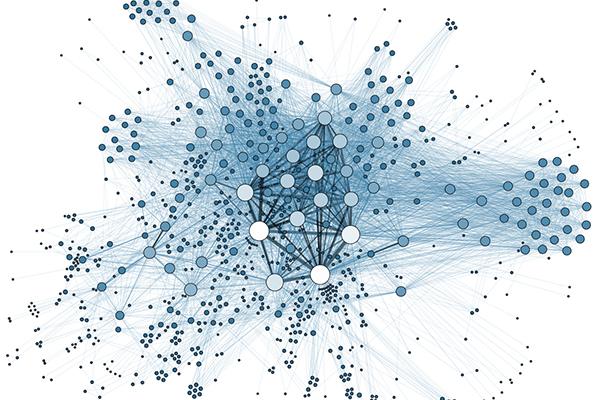
Wed, November 7 - Fri, November 9, 2018
8:00 am - 5:00 pm
MBI Auditorium, Jennings Hall 355
In recent years, the focus of social network theory in behavioral ecology and the social sciences has shifted to understanding the dynamics of social networks. Data analytical methods such as relational state models and others have been used to address patterns of network change over time as agents gain or lose ties and how network structure coevolves with the attributes of agents in real-world networks. Network models are beginning to incorporate data at multiple scales and multiple types of interactions. New technologies have facilitated collection of large quantities of data in many systems allowing increasingly sophisticated analyses of changes in social structure over time.
